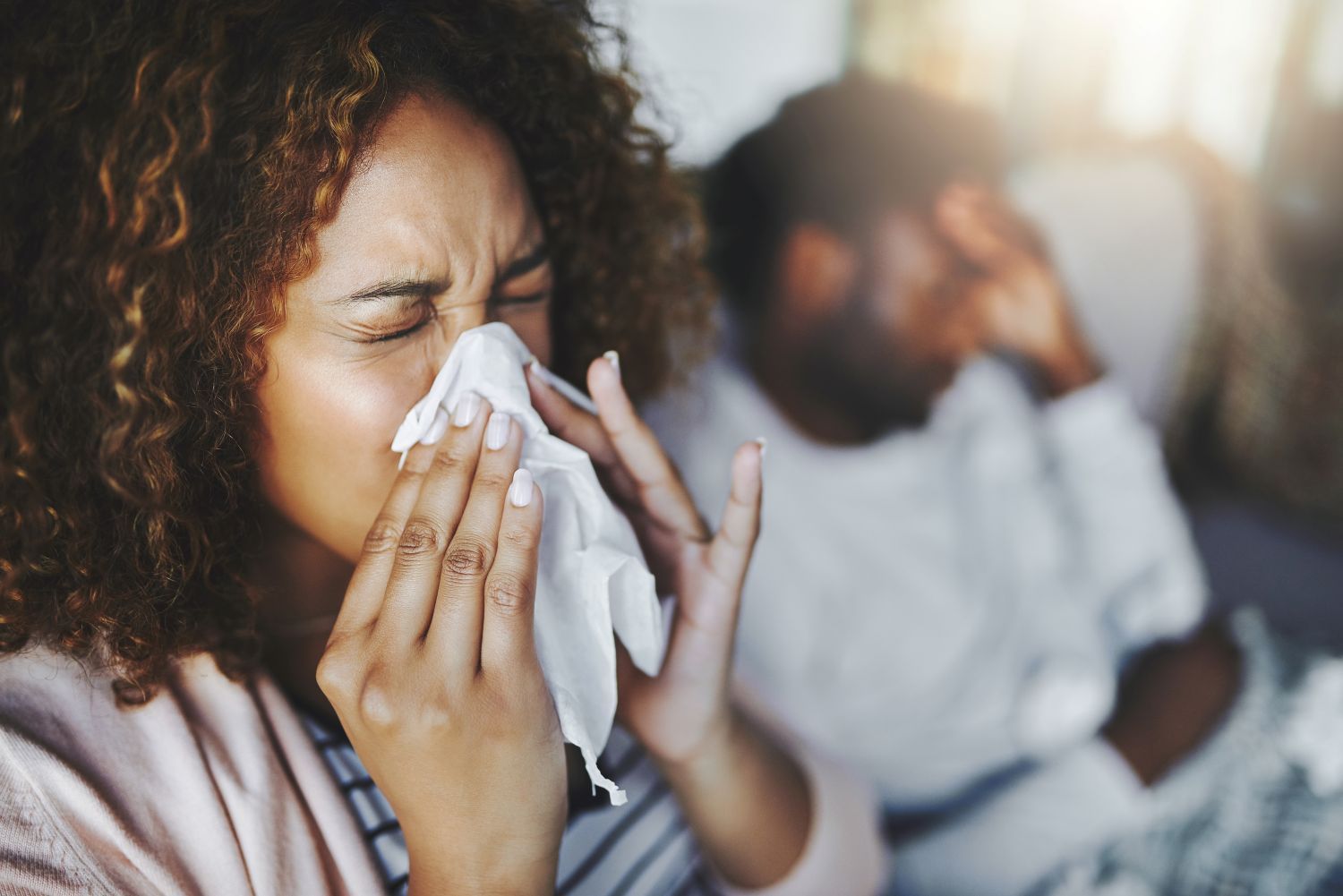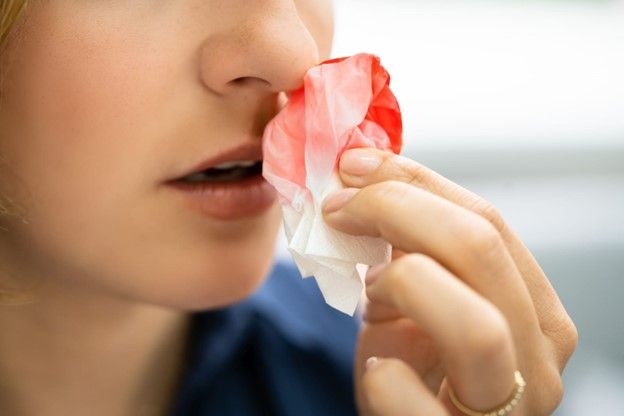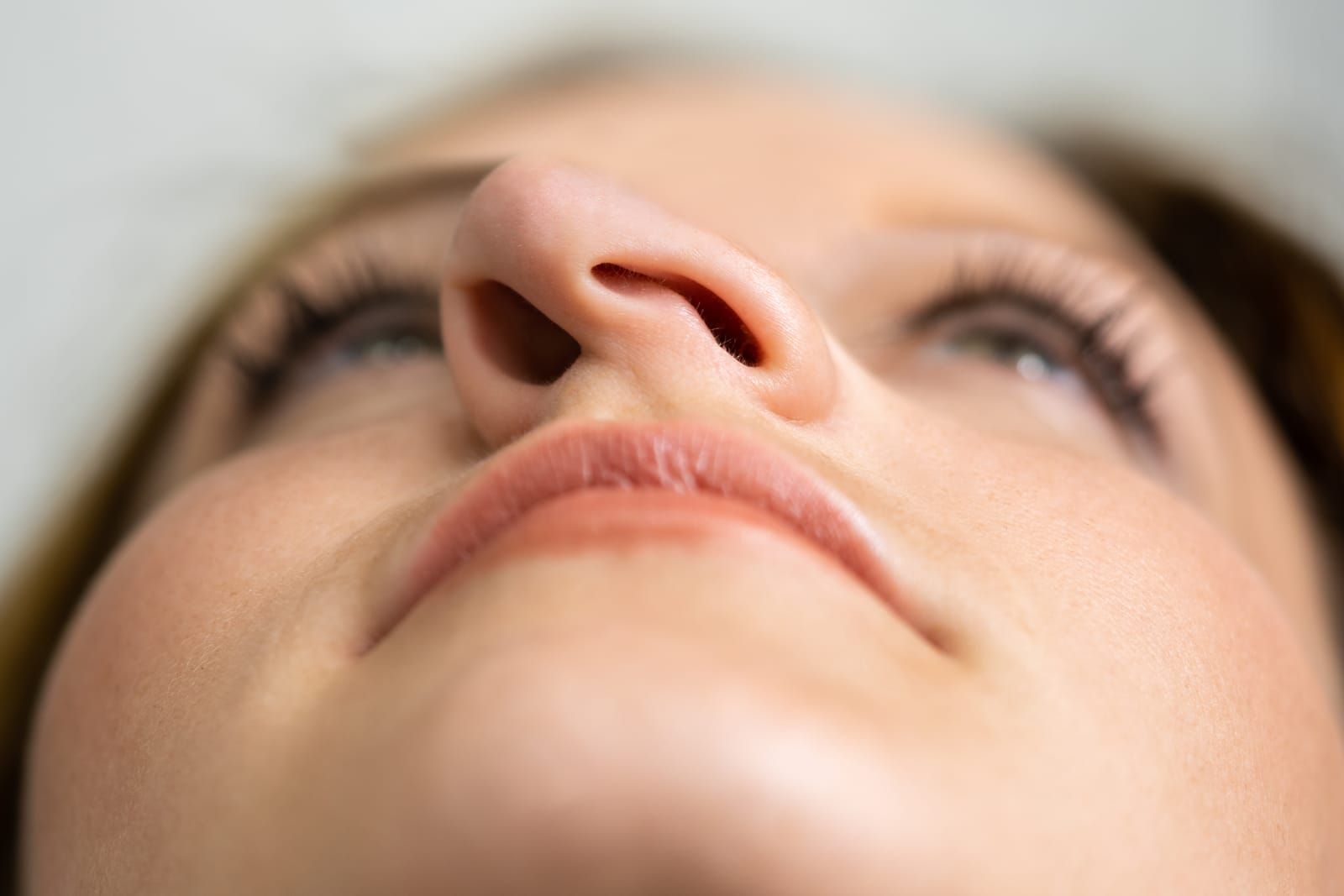How to Tell if You Have a Sinus Headache or a Migraine?
Headaches are usually no cause for alarm. However, they can be pretty uncomfortable to deal with. While they are a common concurrence, did you know that there are various types of headaches with different treatment options for them?
If you have a runny or stuffy nose and pain in and around your eyes, forehead, and cheeks, do you have a sinus headache or a migraine? People often mistake one for the other because they share similar symptoms and can be challenging to tell apart.
This article breaks down the similarities and differences between the two so that the next time you have a headache, you can try to figure out what type of headache it is. Keep reading to learn more!
Symptoms of Sinus Headaches
Allergies, nasal congestion, and sinus infections can trigger sinus headaches. Most headaches are not actually sinus-related, watch out for the following symptoms to indicate a sinus or allergic cause.:
● Stuffy or runny nose
● Pain or pressure around your eyes, forehead, and cheeks
● A decreased sense of smell or a complete loss of smell
● Thick drainage from your nose
● Thick drainage in your throat
Symptoms of Migraines
The root cause of migraine attacks is unknown to us, although there are various opinions within the medical community about what factors can make a person more susceptible to migraines. If you have a migraine, you will most likely experience the following symptoms:
● Moderate to severe pain that feels like it’s throbbing or pulsing
● Sensitivity to sound and light
● Nausea and vomiting
● Pain that usually affects one side of your head but can sometimes affect both sides
● Dizziness or blurred vision
● Fatigue
● Pain that grows worse due to physical activity
How to Tell the Two Apart?
So how do you tell the difference between a sinus headache and a migraine? Considering the following factors can help.
1. The Symptoms
Carefully analyzing your symptoms can help you tell the type of headache you’re experiencing. If you experience severe pain around your sinuses, eyes, cheeks, or forehead, it could be a sinus headache.
However, if you’re also experiencing nausea, sensitivity to light and sound, or a general feeling of confusion, you could have a migraine. If you cannot tell the difference on your own, consult a doctor. They would be able to provide a more accurate diagnosis.
2. The Circumstances
The circumstances surrounding your headache also play a role in determining whether it’s a sinus headache or a migraine.
For example, if your headache starts as you’re recovering from a respiratory infection like a common cold or the flu, then it’s probably a sinus headache. Sinus headaches usually last for about a week and can be treated with home remedies and over-the-counter medications.
Migraines, on the other hand, last for anywhere between 4 to 72 hours. Stress, lack of rest, exposure to bright lights & loud noises, changes in the weather, excessive alcohol consumption, hormonal changes, and other such factors can trigger migraines.
If you’re looking for skilled medical professionals to talk to about your headaches, contact our team of experts at ENT Care Centers (ENTCC). We are committed to bringing you high-quality and compassionate ear, nose, and throat care in Louisville, Kentucky, and southern Indiana. Our professionals can help answer any questions you have about allergies. Book an appointment with us today! Feel free to call us at (502) 837-7838 or contact us online!













